Cambridge University to build zero-emission catamaran
The University of Cambridge and Propulsion House Pulling-e have joined forces ahead of the Monaco Energy Boat Challenge next year…
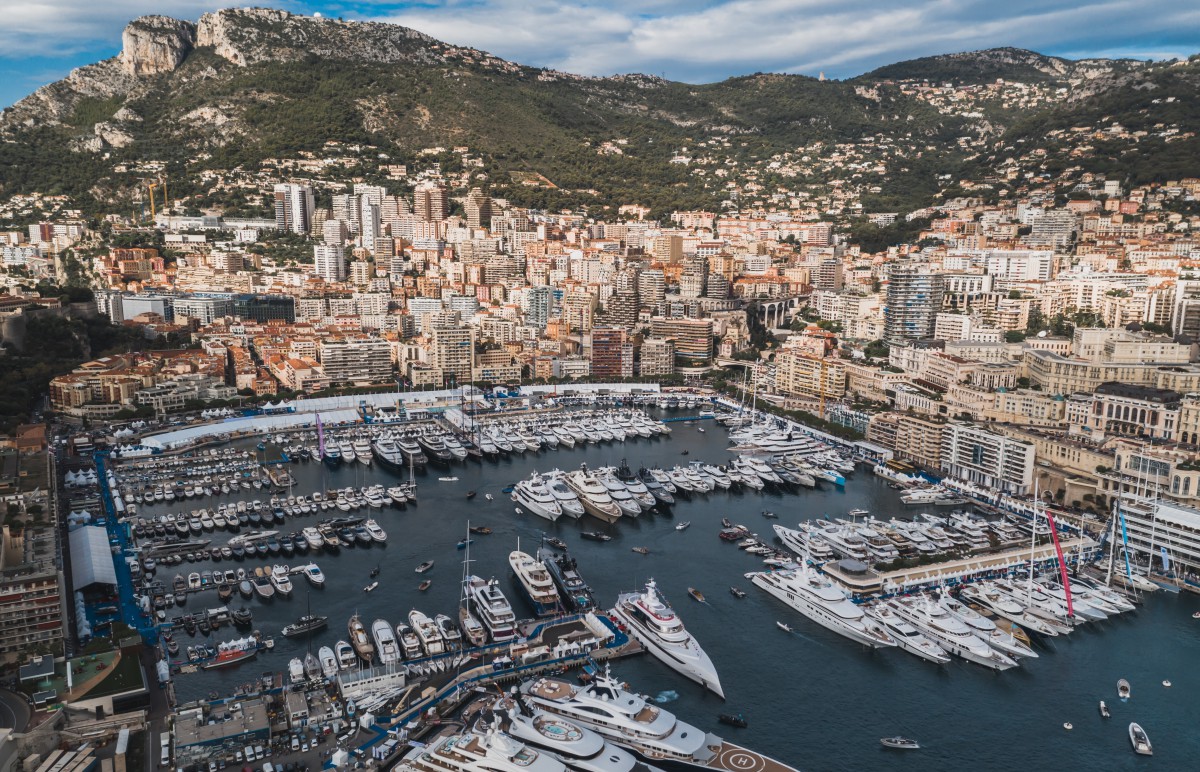
Propulsion House Pulling-e and Cambridge University’s Riviera Racing Team have partnered on the development of a zero-emission racing catamaran following the Monaco Smart Yacht Rendezvous earlier this year. The project aims to showcase the viability of hydrogen for the yacht industry at the Monaco Energy Boat Challenge in July 2024.
“Creating a holistic and tailor-made design for the team has been exciting, pushing the boundaries of innovation to create something unique, purpose-built and engineered to meet the demands of this Challenge,” says Heikki Bergman, CEO and Design Manager, Pulling-e. “This is about pioneering new frontiers in sustainable maritime technology, and we eagerly anticipate Monaco to showcase the results.”
The Monaco Energy Boat Challenge showcases innovation and sustainability within the yachting sector, with participants encouraged to explore new technologies, materials and alternative propulsion systems that reduce the environmental impact while maintaining performance. More than 40 international teams from around the world will compete against each other in speed, agility and endurance tests.
The catamaran racer made by the university and engineering firm incorporates a propulsion system designed by Pulling-e. This uses a hybrid power source system, feeding an electric motor, and directly driving a pulling-type propeller within the underwater pod unit. This design allows propeller operation in an un-disturbed water field and gearless power transfer.
The propulsion system will be delivered to the team’s workshops in Cambridge, allowing them to conduct real-world testing under various conditions. The team at Pulling-e will then verify the component delivery through full-scale testing in their workshop.
“The team at Pulling-e have been fantastic in providing us with unprecedented levels of customisation to our propulsion unit,” says Harsh Sinha, Co-Captain and Director of Operations, Cambridge University Riviera Racing.
“We are grateful that they have been a pillar of support from the early stages of our project, and we continue to be pleasantly surprised by the team's open-mindedness towards both the exploration and experimentation of new ideas.”
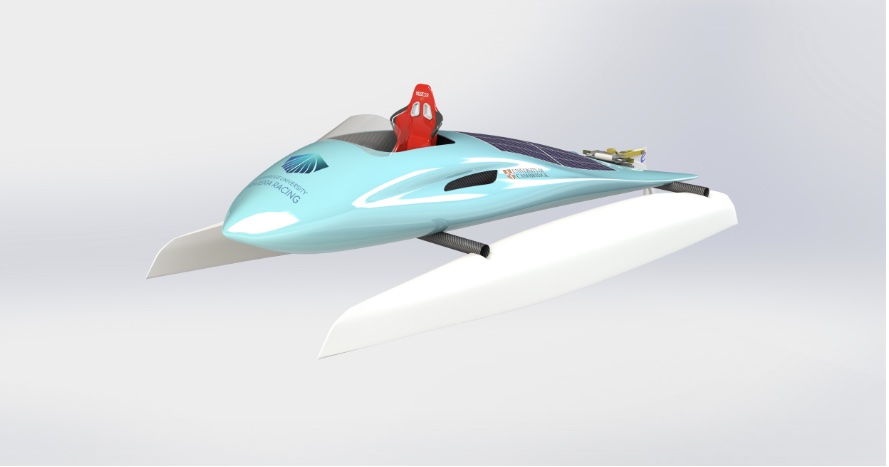
NEW: Sign up for SuperyachtNewsweek!
Get the latest weekly news, in-depth reports, intelligence, and strategic insights, delivered directly from The Superyacht Group's editors and market analysts.
Stay at the forefront of the superyacht industry with SuperyachtNewsweek
Click here to become part of The Superyacht Group community, and join us in our mission to make this industry accessible to all, and prosperous for the long-term. We are offering access to the superyacht industry’s most comprehensive and longstanding archive of business-critical information, as well as a comprehensive, real-time superyacht fleet database, for just £10 per month, because we are One Industry with One Mission. Sign up here.
Related news
_1-(1)-copy.jpeg)
DRIFT and Shadowcat launch hydrogen fleet
We sit down with Ben Medland and Jennifer Smith to explore their ambitious quest to build a net-positive mobile hydrogen supply network
Crew
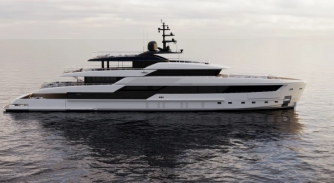
Lloyd’s approves Sanlorenzo’s and Feadship's methanol fuel system
Sanlorenzo's methanol fuel system for 50Steel and Feadship's compact multi-fuel system design have secured approval from the classification society
Crew
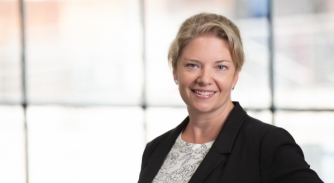
Siemens Energy's holistic approach
Jennifer Hooper, Senior Vice President at Siemens Energy, details a new pilot methanol and fuel cell solution of the superyacht sector
Technology
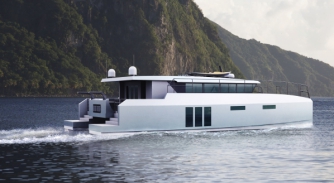
EMS completes methanol propulsion design for Archipelago Yachts
The marine systems designer says it is breaking new ground in the understanding of methanol-powered engines for yachts whilst working on the project
Technology
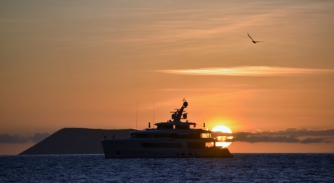
Monitoring the methanol method
Chris Chatterton, COO of the Methanol Institute, offers an outside perspective on a growing energy market for new-build yachts
Technology
Related news
DRIFT and Shadowcat launch hydrogen fleet
2 years ago
Siemens Energy's holistic approach
3 years ago
Monitoring the methanol method
3 years ago
NEW: Sign up for
SuperyachtNewsweek!
Get the latest weekly news, in-depth reports, intelligence, and strategic insights, delivered directly from The Superyacht Group's editors and market analysts.
Stay at the forefront of the superyacht industry with SuperyachtNewsweek



